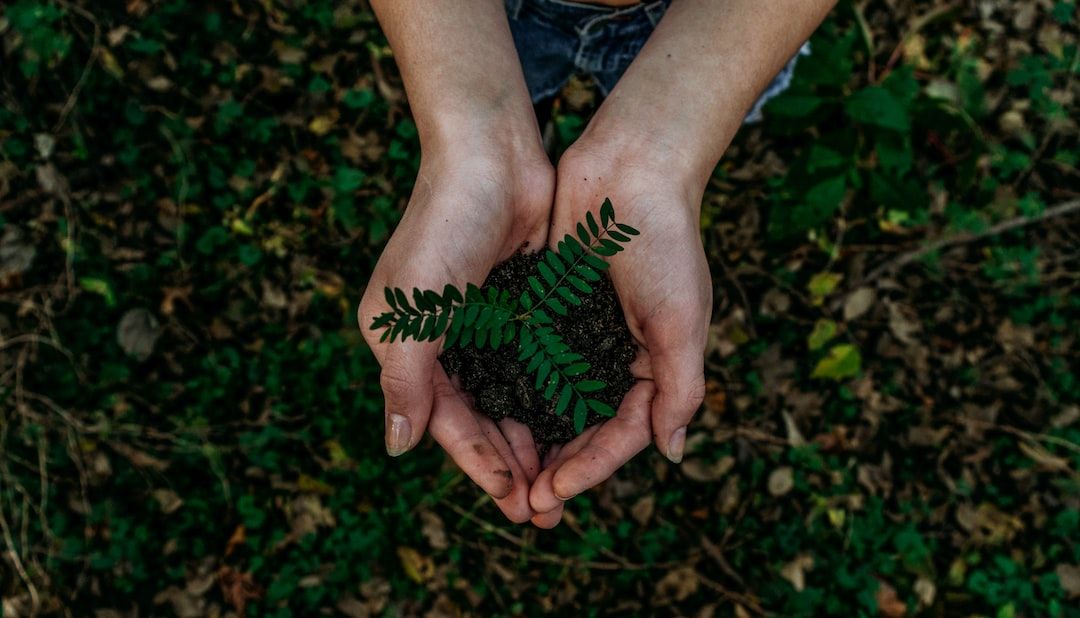
Blog
Stories from my personal journey learning about and delivering Nature-rooted programs across three different countries
Self Esteem... Mind the Gap
Caylin (Forest Schooled)

Empty space, drag to resize
What is self-esteem? It's a word we throw around a lot and everyone has a general idea of what it's about, but what does it actually mean? One explanation is that it is the gap between our own self-image (how we see ourselves) and our ideal self (who we wish to be). When the gap is small we have a high self esteem. The bigger the gap gets, the lower our self-esteem becomes. This is because the characteristics that make up our ideal self are what we consider valuable and when we see ourselves as lacking those characteristics, we deem ourselves as worthless.
The interesting thing about self-image is that it's actually something that is influenced by our interactions with others. Our view of ourselves is based upon how we think we are viewed by others. Seems backwards doesn't it? Furthermore, the ideal self is also influenced by others and is usually formed through collective opinion – what traits do most of us find pleasing or beautiful or funny (i.e. VALUABLE)? So if we think others find us ugly and stupid (perhaps because of the things they say to us) and we also feel like people admire those who are pretty and intelligent (perhaps because of what social media, television, magazines tell us), then our self-esteem would be on a very steep slope downward.
So is our self-esteem constructed from some place out of our control? We're told that it's not – “sticks and stones may break my bones but words will never hurt me!” But I severely question that. Words DO hurt us. By denying that, we deny ourselves the chance to feel and process those emotions and therefore lose the opportunity to deal with them. Isn't this just bottling it up? Letting the feelings fester until they explode out in some other facet of our lives? Is this really what we want to be teaching children? If we wish to promote emotional intelligence, the clear answer is absolutely not!
Ok, so what can we do then? Instead of teaching children how to protect themselves from others, building walls that prevent relationships forming, perhaps it's worth looking at how to do the opposite? How can we promote relationship building, understanding and empathy? When we care FOR others and feel cared for BY others, we have purpose. We have VALUE. This makes us feel like we have something to offer to the world, which makes us more motivated and inclined to take chances, try new things and be resilient when things don't go our way. So do we all just go around giving out hugs and telling each other we love each other? Seems silly doesn't it.
But in a way, yes that is exactly what we do. When we provide an environment where another person feels understood, respected and appreciated, we are providing the foundations for a strong self-esteem.
The kids at the PRU all suffer from low self-esteem at a debilitating level. They are often unwilling to try new things purely because they assume they will fail. It is important for us as leaders to maintain a delicate balance so that our encouragement does not turn in to pressure to do something.
When this balance is tipped, they usually go into emotional breakdown. This balance was tested today in my interactions with a boy named Jake. Jake and some of the other boys wanted to make bows and arrows so we went off with the loppers to harvest some ash saplings, which are flexible and make the perfect material for bows. They were each given the opportunity to cut an ash sapling of their choice for their bow. Some were eager to use the loppers and do it for themselves, but Jake hung back. Finally, everyone had cut theirs and Jake was the last one left. When the loppers were offered to him, he shook his head and said he didn't want to do it. I found this interesting because the loppers are quite a simple tool to use and Jake had watched the others do it quite easily and quickly. So it seemed odd to me that he would feel discouraged to try it. Nevertheless, we cut it for him so as not to pressure him into something he felt unwilling to do.
When this balance is tipped, they usually go into emotional breakdown. This balance was tested today in my interactions with a boy named Jake. Jake and some of the other boys wanted to make bows and arrows so we went off with the loppers to harvest some ash saplings, which are flexible and make the perfect material for bows. They were each given the opportunity to cut an ash sapling of their choice for their bow. Some were eager to use the loppers and do it for themselves, but Jake hung back. Finally, everyone had cut theirs and Jake was the last one left. When the loppers were offered to him, he shook his head and said he didn't want to do it. I found this interesting because the loppers are quite a simple tool to use and Jake had watched the others do it quite easily and quickly. So it seemed odd to me that he would feel discouraged to try it. Nevertheless, we cut it for him so as not to pressure him into something he felt unwilling to do.
I then helped Jake fashion his sapling into a bow with string, but immediately upon finishing it I could tell he was not happy with the results. The bow didn't have very good tension and it had started to bend at the middle, which eventually led it to break. Jake then stated that the bow had broken because “he was rubbish”. My immediate reaction was very much a typical adult response to a situation like this, which follows this line of thought: “How can I make this child feel better??” So I told Jake, “Just because we don't get things perfectly on the first try that doesn't mean that we're rubbish. It means we can learn from our mistakes and get better. Let's try again and make a new one.” And then I began gathering the materials needed to make a new bow. How cliché, right? And ineffective too. Jake did not feel better and actually began walking away from me and camp, shoulders slumped, in a low self-esteem induced sulk.
So I changed my approach. I went over to Jake, knelt down next to him and said, “It's really upsetting the other bow didn't work the way you wanted it to and broke”... Pause... that's it... just pure empathy. I knelt there quietly for a little while, and after a few moments his whole demeanour changed. His shoulders relaxed and he seemed more open, like he felt better. So I said gently, “Do you want to try again?” He said “Yes”. So we took a new ash sapling and cut it to size. We added some string, but it still wasn't quite right, so we adjusted it and adjusted it again until Jake felt it was just right.
We tied the final knot and Jake pulled the string, which was nice and taut and gave a good 'twang'. A great big smile shot across his face and he jumped in excitement, “It works! It works!” He was so pleased with it and went over to camp to share his masterpiece with the others. The other kids admired his bow too as it was one of the best at shooting arrows. Jake was smiling and he looked confident. For that moment, at least, Jake didn't feel like rubbish anymore.
More Posts
WANT TO GET FOREST SCHOOLED TOO?
Subscribe to my email letters, something special from me to you so we can learn together. Each one is filled with heart-felt stories from the forest, resources you may find useful, and things that hopefully bring a smile too.
Thank you!
© by FOREST SCHOOLED
